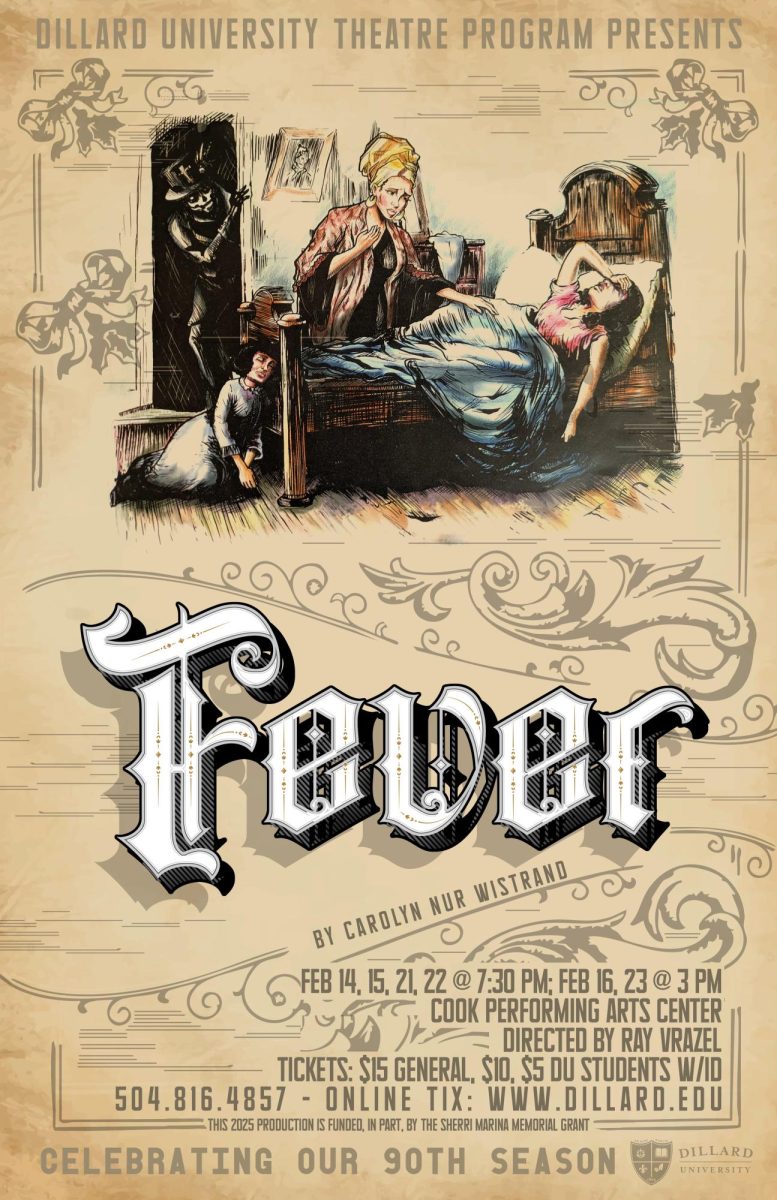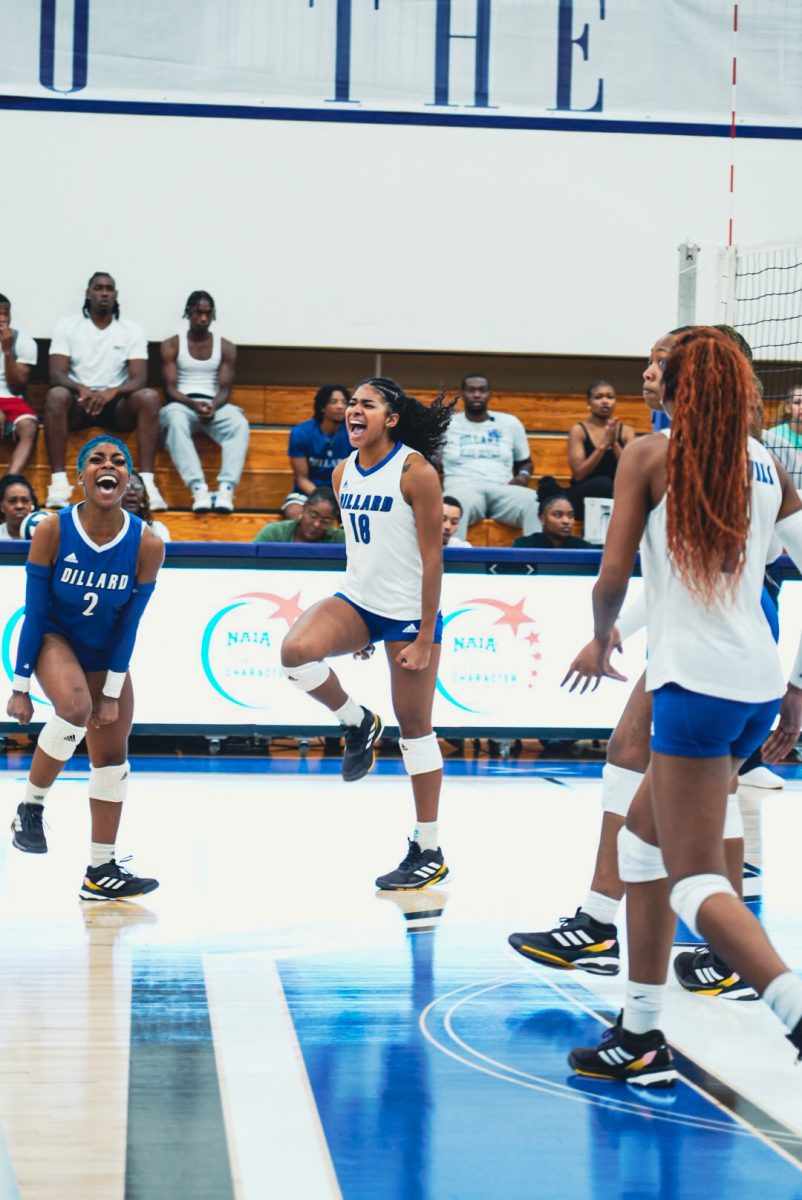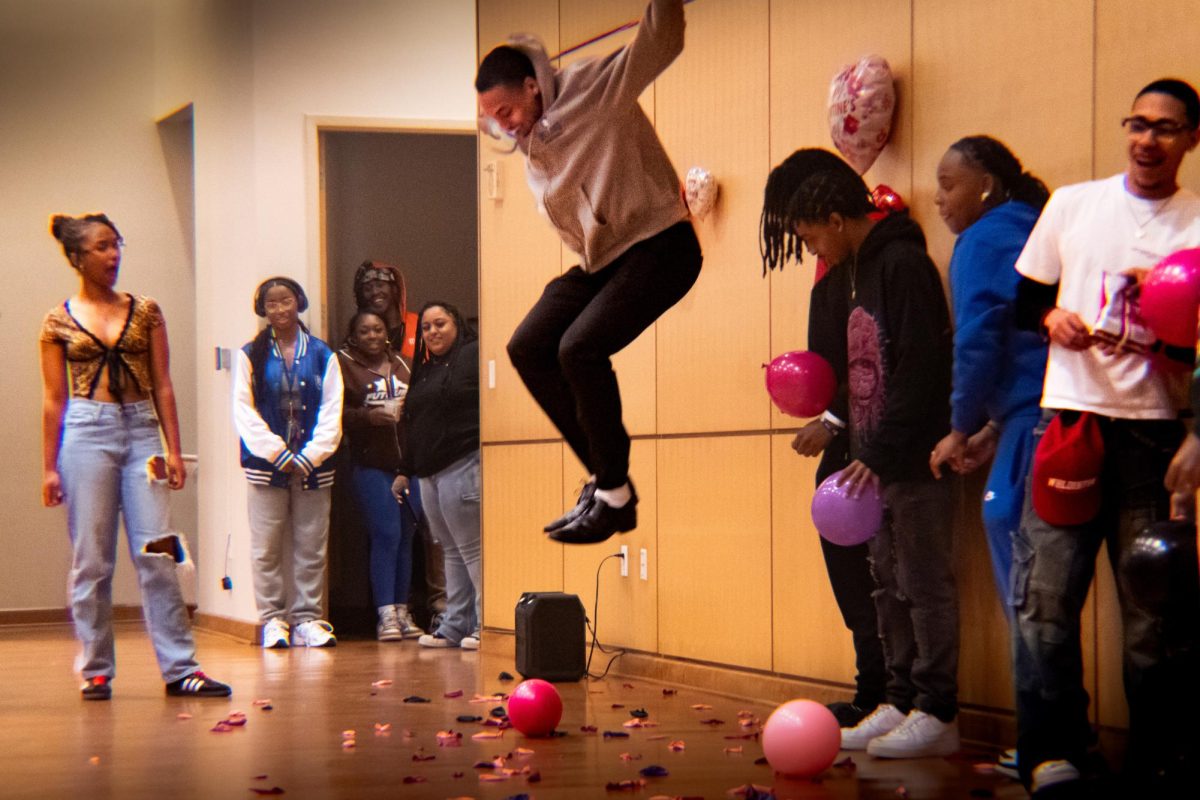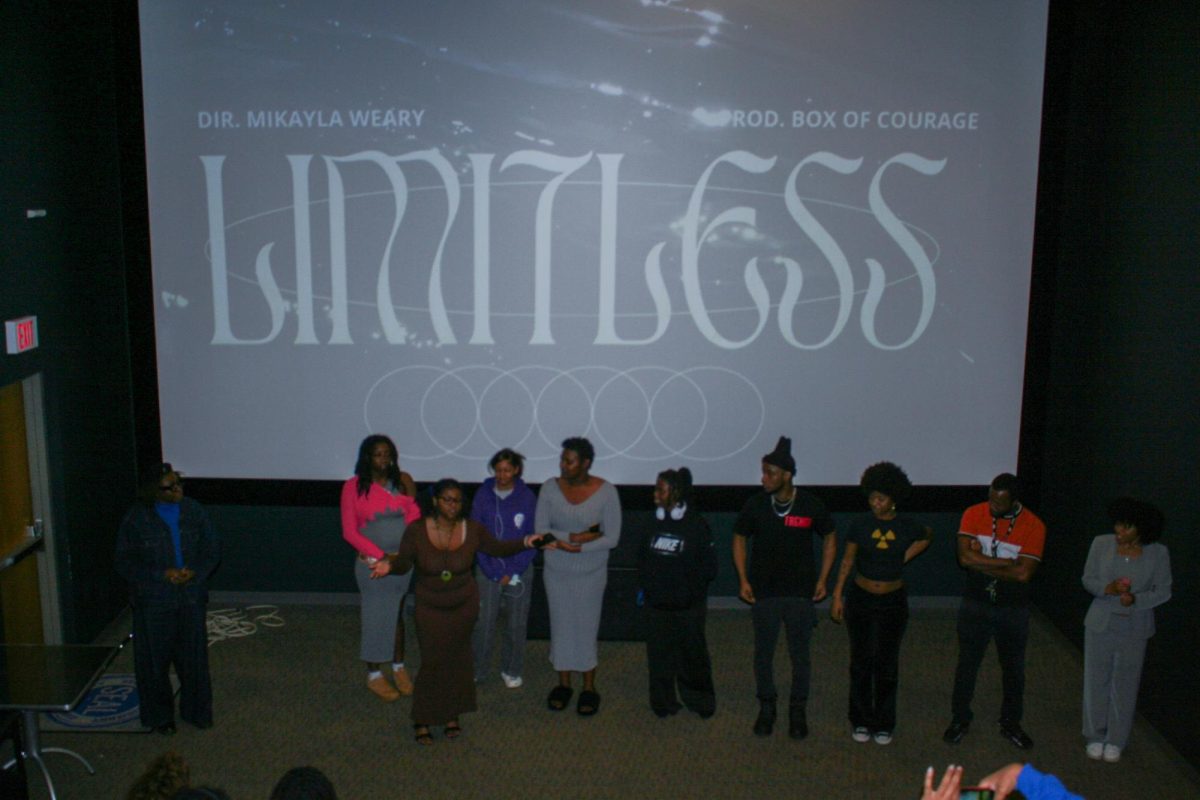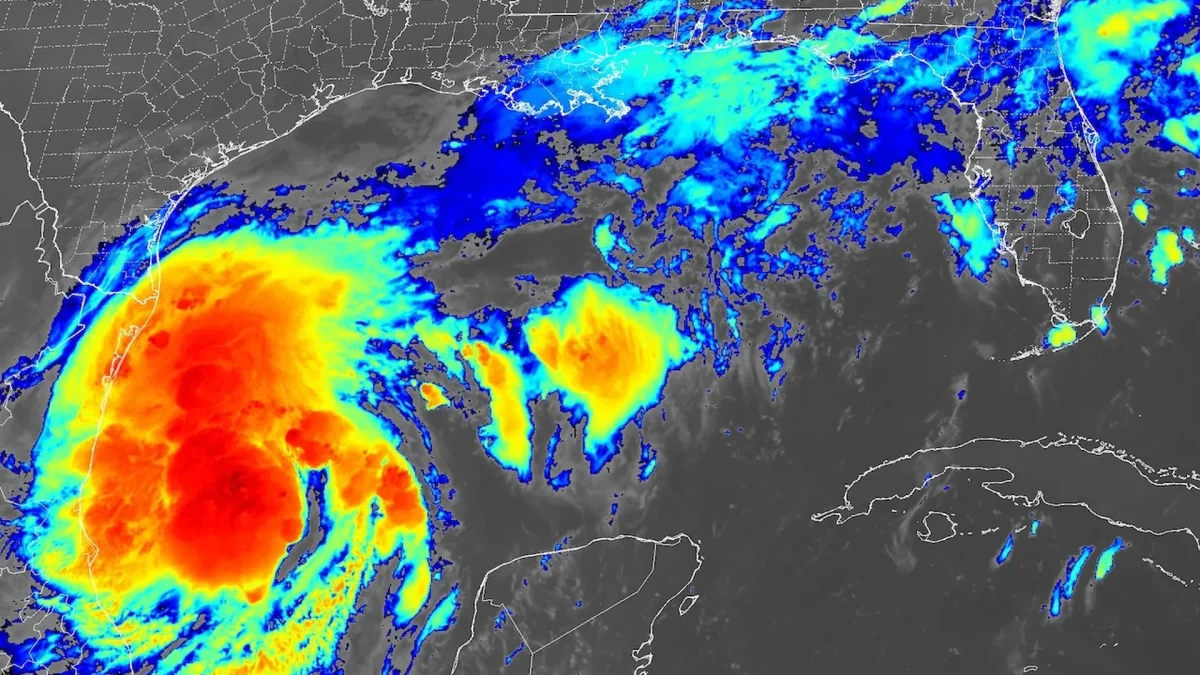Adults are not the only ones who stress themselves “to death.” Some teens and young adults live everyday trying to cope with life’s overwhelming experiences, hatching suicidal thoughts and leaving them to feel that there is no way out. Feeling stressed, depressed, alone and broken-hearted are factors that usually play a huge role in suicidal thoughts and attempts. Growing pains are more severe today than they were in the past due to young individuals struggling to find themselves. Suicide is the third leading cause of death among teens and young adults after accidents and homicides. According to The State University of New York’s counseling services, young adults ranging from ages 15-24, kill or attempt to kill themselves every year. Fitting in at school, having good looks, having the best car and the most attractive girlfriend in the passenger seat, is almost every student’s dream. However, it becomes a mental problem for those who cannot seem to possess any of these things, causing them to feel left out. Depression is a major contributing factor to suicidal thoughts and may also result from the recent loss of a family member or friend, disappointments in romantic relationships, or a failure to live up to one’s own or others’ expectations. Last year in New Delhi, India, 17-year-old Shivani Rastogi hung herself in her home after her father, who is a manager at a bank, verbally disciplined her for not studying for a Mathematics test that she would have had to take the day after she committed suicide. Canae White, a sophomore and poet at Dillard University, agrees that being a young student is not as easy as parents try to make it seem. “Some parents tend to feel that since students do not have to worry about paying bills, that there is no such thing as stress as a teen or even as a young adult,” said the Little Rock, AR, resident. White, whose first poem was a suicide letter in middle school, felt that writing was the only way to express her self freely. “I can say what I feel in my poetry, whether it’s about death, hate or sex and just knowing that allows me to feel invincible,” said White. White said that constantly writing explicit words of hate in her torn edged spiral notebook serves as therapy for her. The Dillard student, who now recites her written pieces at every poetry night, said she is glad that this new-found therapy stopped her from making a decision that she and people who love her would call devastating. Dillard University’s psychologist, Dr. Betty S. Brown stresses that depression in teens and young adults is a severe factor in suicide. “Drugs and alcohol only play a small role in suicides. However, they do allow individuals to become freer at making their attempt,” said Brown. Working with individuals who have suicidal minds is very common in Brown’s clinic office. Brown does confirm that out of 30 student patients that come to her office, three will have suicidal thoughts. Thoughts of suicide can always be detected. According a study at the University at Buffalo, 75 percent of the people who attempt or commit suicide have shown warning signs. Some non-verbal warnings include giving away personal or prized possessions, increased alcohol or drug use, lack of interest in personal appearance, sleeping too much or too little, boredom, restlessness and loss of concentration. Verbal warning signs can include phrases such as:•”Life isn’t worthwhile.”•”People are better off without me.”•”I don’t need this anymore.”
“I would encourage anybody who notices these signs in a person to contact someone to get them help.” said Brown. Asking an individual whether he or she has thought about suicide does not give them ideas if they have never had thoughts about committing suicide. Talking and listening to an individual about their problems, only opens doors to allow them to receive help. Seung-Hui Cho, who murdered 32 people and wounded 25 others at Virginia Tech before killing himself, had been diagnosed with and treated for a severe anxiety disorder in middle school. Cho had been seeing a university therapist before the shooting rampage. Students and professors of the university’s campus described Cho as alone and distant. After the massacre, authorities found pages of written rants against the rich and privileged while searching his dorm room. Cho was also registered for a creative writing class in which he wrote poems about death constantly.



